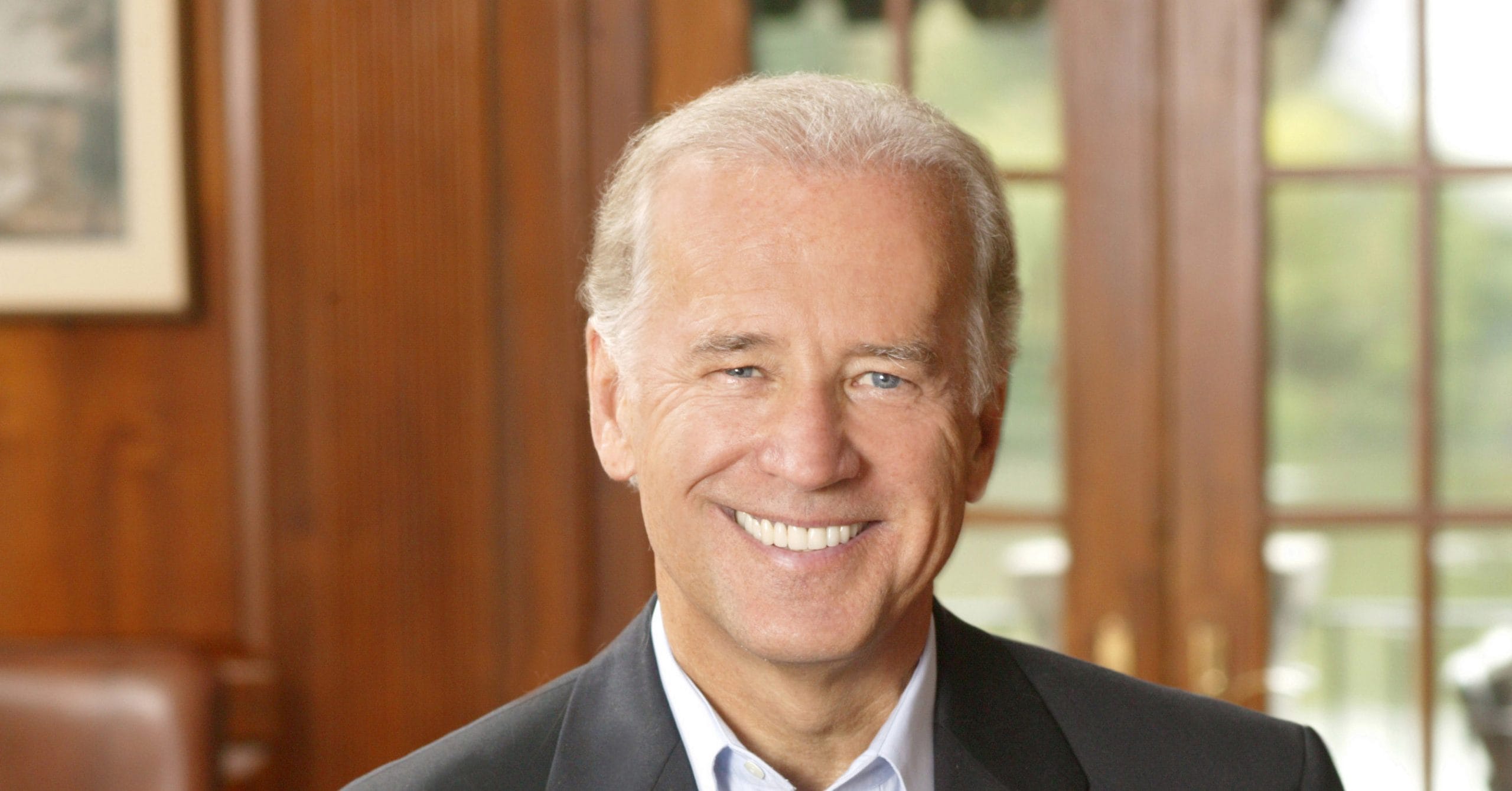In the spring of 2022, a video became popular where the future US president discussed the danger of admitting three former Soviet republics to NATO. We checked whether this video was presented correctly in the media and social networks.
In early March 2022, the video was actively distributed by publics on VKontakte, where most publications were accompanied by a quote attributed to Biden: “The only thing that can provoke Russia into a hostile and energetic response is the expansion of NATO to the Baltic countries” (in another option: “The great country of Russia can be provoked into military action only by expanding NATO to the Baltic countries”). Such posts appeared, in particular, in communities "Cold War 2.0" (270,000 subscribers at the time of writing this analysis) "Russia | General Staff reports | Z" (276,000 subscribers), "Donetsk DPR Russia news of Donbass New Russia" (265,000 subscribers), “The USA is the sponsor of world terror” (264,000 subscribers) and "World War III" (200,000 subscribers). March 8, author of a note on the website of the Tsargrad TV channel passed on quote: “Biden said that if anything could provoke Russia into military action, it would be the expansion of NATO to the Baltic countries.”
In mid-May, Internet users continued to publish this video, reproaching the American head of state for inconsistency in foreign policy. Relevant publications can be found, in particular, in Facebook* And Twitter.
American President Joe Biden warned back in 1997 that the expansion of the North Atlantic Alliance to the Baltic countries could provoke a conflict with Russia.
— Shaved Mustache of the People's Republic of Poland ?????? -ZA Motherland! (@YCbI66) May 11, 2022
Then he was a senator from the state of Delaware and adhered to the position of the ruling party. pic.twitter.com/5mMqK2Y9PV
The video distributed on social networks was cut from the original recording of Biden’s speech, which is available on the website of the American television channel. C-SPAN And YouTube. On June 18, 1997, the future US president spoke at the Atlantic Council think tank. At that time he was Senator from Delaware and served on the US Senate Committee on Foreign Relations.
Biden's speech and the discussion that followed really focused on NATO expansion and the alliance's future engagement with Russia. Shortly before the meeting at the Atlantic Council there was signed Fundamental Act on mutual relations, cooperation and security between the Russian Federation and NATO. Three weeks after Biden's speech, Madrid summit North Atlantic Alliance, at which Hungary, Poland and the Czech Republic were the first of the countries of the socialist camp (not counting the GDR, which joined NATO as a result of the unification of Germany) to receive an invitation to join the organization.
Despite the authenticity of the video, the 35-second excerpt, widely circulated by Internet users, can be misleading.
Firstly, Biden’s quote is not always conveyed correctly. The future president separately clarifies in his remarks that he does not imply a military reaction from Russia (1:13:40): “There is one point that could cause great concern in the short term and that is related to the admission (of the Baltic countries to NATO. - Ed.). It has nothing to do with their merits and readiness. This is the accession of the Baltic countries in the context of relations between Russia and NATO, between Russia and the United States. If anything could tip the scales in terms of a decisive (vigorous) and hostile (I don’t mean military) reaction from Russia, then this is it.”
Secondly, in his speech, Biden noted that Latvia, Lithuania and Estonia will nevertheless become members of the alliance, and Russia realizes that NATO expansion also corresponds to its interests in ensuring security in the region (1:14:20): “I believe that time, the next few years, will solve this problem so that Russia will feel this idea and see that NATO expansion not only does not contradict its interests, but is also in its interests in terms of expanding stability. <…> I expect and also hope that in the near future, before the end of this century, we will see the Baltic countries in NATO, if they still want to join.”
Thirdly, in his thoughts, Biden shared his impressions of communicating with his Russian colleagues. He assured that none of the Russian politicians, including parliamentarians with whom he met, considers NATO expansion a challenge to their national security and understands the non-aggressive nature of the alliance. According to him, the problem with NATO expansion is psychological in nature and is associated with the collapse of the USSR and uncertainty about Russia’s place in the world in the 21st century.
Latvia, Lithuania and Estonia entered into the North Atlantic Alliance in 2004 along with Bulgaria, Slovakia, Slovenia and Romania. Practical cooperation between NATO and Russia paused only ten years later due to events around Ukraine. The work of the Russian diplomatic mission to NATO in Brussels and the NATO Information Office in Moscow was suspended only in October 2021 at the initiative of the Russian side. The most recent meeting of the Russia-NATO Council was held in January 2022.
Thus, in 1997, the current US President did not argue that the Baltic countries' entry into NATO could lead to military action by Russia. Biden chose the more streamlined formulation of “a decisive and hostile response.” Before and after the statement featured in the 35-second video, the politician made several statements that help better understand his position and the overall context.
*Russian authorities think Meta Platforms Inc., which owns the social network Facebook, is an extremist organization; its activities in Russia are prohibited.
Cover photo: Wikimedia Commons
Taken out of context
- Correctiv. Nein, Joe Biden sagte 1997 nicht, dass eine Expansion der Nato eine militärische Reaktion Russlands auslösen würde
- MythDetector. What did Biden really say in 1997 about the Baltics joining NATO?
- Is it true that the United States promised Gorbachev not to expand NATO to the east?
- Is it true that a recently discovered document records a promise by Western countries not to expand NATO eastward?
- Is it true that a country with territorial disputes cannot join NATO?
If you find a spelling or grammatical error, please let us know by highlighting the error text and clicking Ctrl+Enter.






